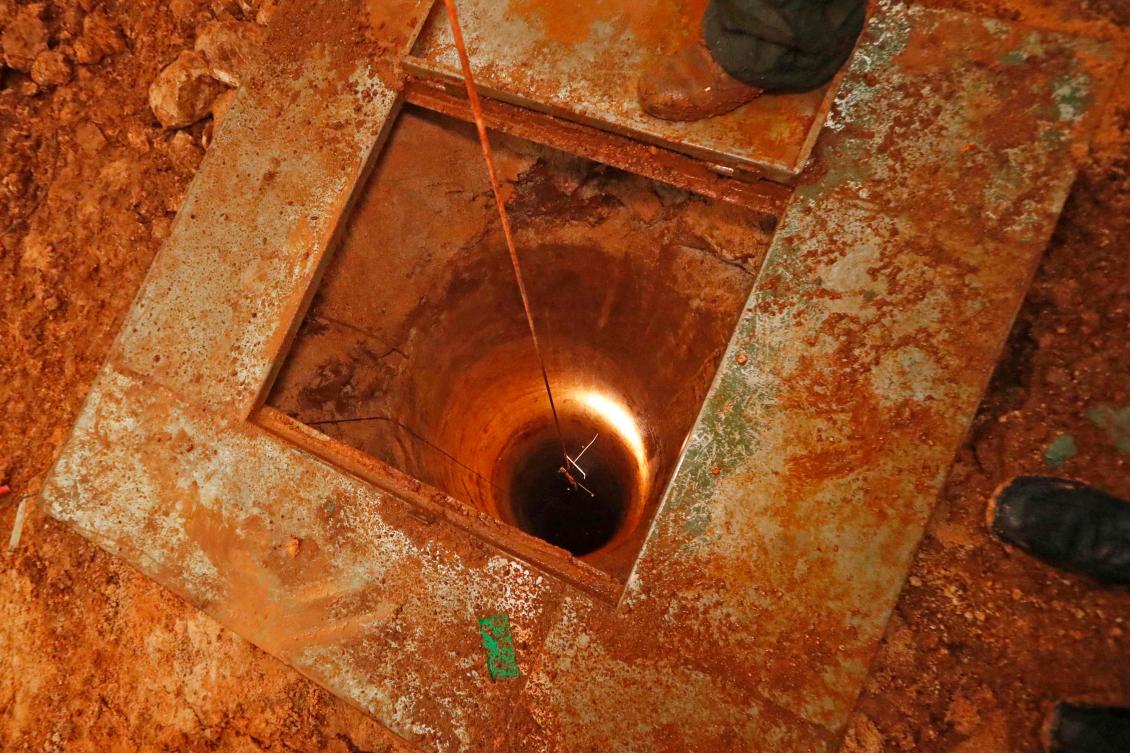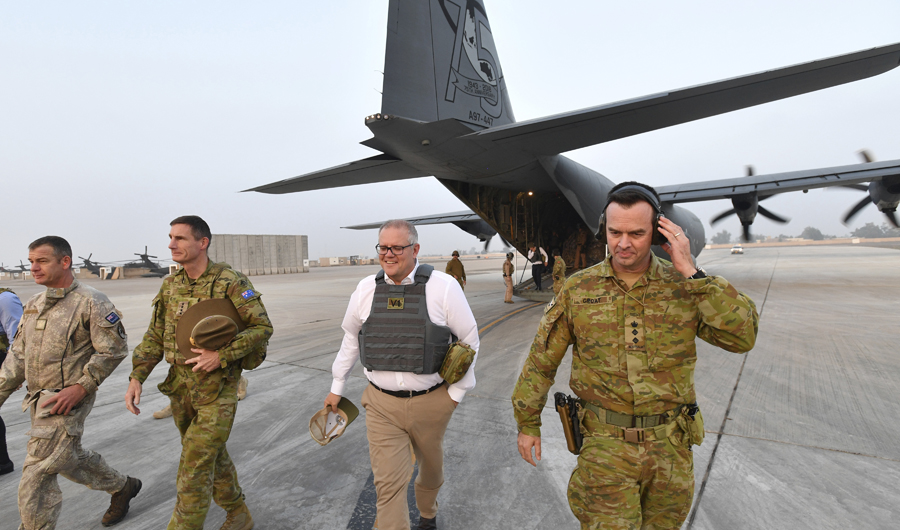KHARTOUM: A Sudanese government spokesman said on Friday that nationwide protests over soaring prices that have left at least eight people dead in the past two days had been “derailed and transformed by infiltrators.”
“Peaceful demonstrations were derailed and transformed by infiltrators into subversive activity targeting public institutions and property, burning, destroying and burning some police headquarters,” spokesman Bishara Jumaa said in a statement released by the official Sudan News Agency.
He did not name anyone but he also said the protesters, some of whom have called for the overthrow of President Omar Bashir, were being exploited by opposition parties.
“Some political parties emerged in an attempt to exploit these conditions to shake security and stability in order to achieve their political agenda,” Jumaa said. He did not identify the parties.
He added that the demonstrations had been “dealt with by police and security forces in a civilized way without repression or opposition.”
Public anger in Sudan has been building over price rises and other economic hardships, including a doubling in the cost of bread this year and limits on bank withdrawals. At 69 percent, Sudan’s inflation rate is among the world’s highest.
Leading Sudanese opposition figure Sadiq Al-Mahdi returned to Sudan on Wednesday from nearly a year in self-imposed exile and called for a democratic transition in Sudan.
“The regime has failed and there is economic deterioration and erosion of the national currency’s value,” Mahdi, who was Sudan’s last democratically elected prime minister and now heads the Umma party, told thousands of supporters.
The demonstrations on Wednesday and Thursday were among the biggest since crowds came out against cuts to state subsidies in 2013.
Officials told Sudania 24 TV that six people died in protests in the eastern city of Al-Qadarif and two more in northern Nile River state, without giving details on how they were killed. Police fired teargas to break up a crowd of around 500 people in the capital Khartoum, then chased them through back streets and made arrests, a witness said.
Some of the demonstrators chanted: “The people want the fall of the regime” — a slogan used in the “Arab Spring” protests that unseated rulers across the Muslim world in 2011. Many called for a new government in 2013.
In the northern city of Dongola, protesters set fire to the local offices of Bashir’s ruling National Congress Party, witnesses said. To the northeast in Atbara, they hid their faces behind scarves as they came out for a second day, chanting “freedom” and setting car tires alight, video footage showed.
The latest violence erupted in Atbara on Wednesday, where crowds also set fire to the ruling party’s office.
Authorities declared a state of emergency in Al-Qadarif, which is near the border with Ethiopia, and extended one in Atbara to the cities of Al-Damir and Berber.
“The situation in Al-Qadarif has become dangerous and the protests have developed to include fires and theft and it’s now out of control,” its independent MP, Mubarak Al-Nur, told Reuters. He said he was related to one of the protesters who died.
Sudan’s economy has struggled to recover from the loss of three quarters of its oil output — its main source of foreign currency — since South Sudan seceded in 2011, keeping most of the oilfields.
The US lifted 20-year-old trade sanctions on Sudan in October 2017. But many investors have continued to shun a country still listed by Washington as a state sponsor of terrorism.
Bashir, one of Africa’s longest-serving leaders, took power in 1989. Lawmakers this month proposed a constitutional amendment to extend term limits that would have required him to step down in 2020.
In recent months he has dissolved the government, named a new central bank governor and brought in a package of reforms, but the moves have done little to contain an economic crisis.
In October, Sudan sharply devalued its currency after the government asked banks and money changers to set the exchange rate on a daily basis.
The move led to further price increases and cash shortages, while the gap between the official and black market rates has continued to widen.
“I went out to protest because life has stopped in Atbara,” said a 36-year-old man who asked not to be named.
He told Reuters he had not been able to find any bread in the shops for four days.
“Prices have increased and I have still not been able to withdraw my November salary … because of the liquidity crisis. These are difficult conditions that we can’t live with, and the government doesn’t care about us.”





